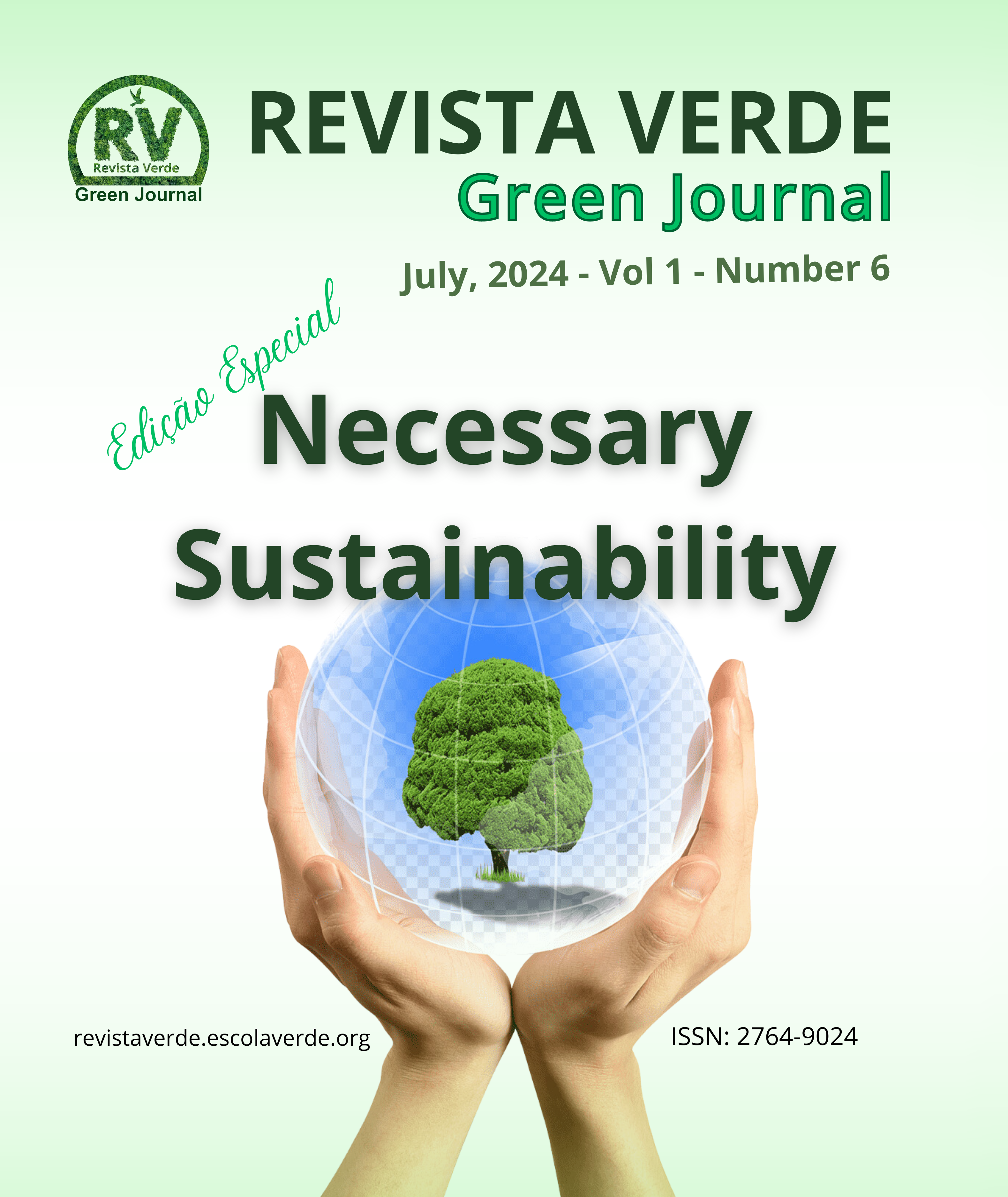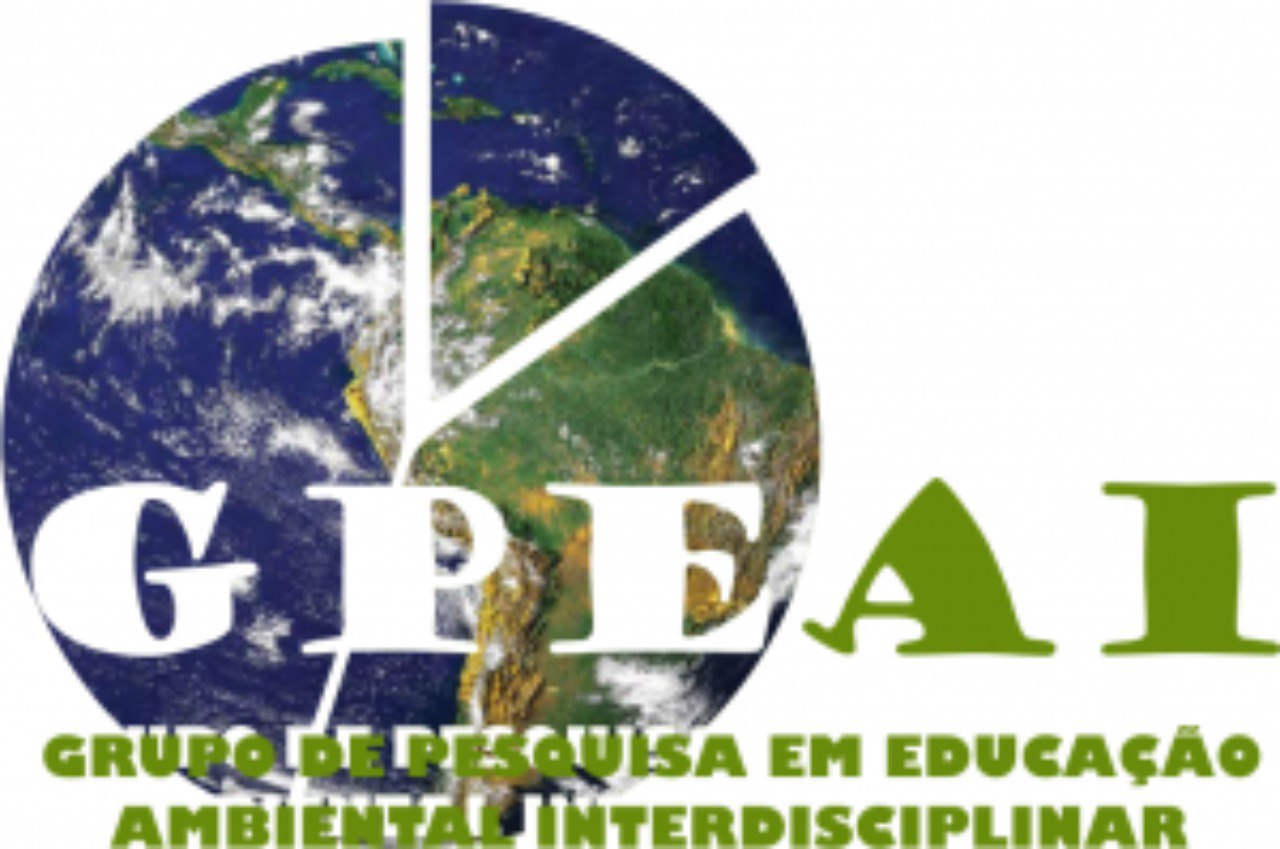Student perceptions in the global south on climate change
establishing a valid questionnaire
DOI:
https://doi.org/10.5281/zenodo.12785573Keywords:
climate perception, questionnaires validations, genders, global south, quantitative researchAbstract
The consequences of Global Climate Change (GCC) constitute the greatest socio-environmental challenge of contemporary times, especially due to the inequality with which they manifest between countries of the Global North and the Global South. This investigation is contextualized in the evaluation of perceptions regarding aspects such as proximity, materiality, and temporality factors among school audiences, both female and male, aged between 12 and 14 years in the cities of Punta Arenas (Chile) and São Paulo (Brazil). The objective is to establish a robust instrument, with validity and internal consistency, for the continuous monitoring of these perceptions and the subsequent adjustment of pedagogical actions aimed at this audience. Using a quantitative instrument with scale responses, exploratory factor analysis (EFA) steps were carried out to outline the latent variables, as well as the evaluation of the internal consistency of the factors established in the EFA. The scales employed had adequate internal consistency (Cronbach's alpha > 0.7), and the represented model showed adherence to adequacy indicators (CFI = 0.98, TLI = 0.96, RMSEA = 0.05). The scales also proved valid for detecting differences between audiences whose perceptions vary according to the literature. Statistical differences were identified between the scores of different genders regarding perceptions of proximity (p-value < 0.01) and materiality (p-value < 0.01), as well as between different cities (p-value < 0.01) concerning proximity, and the year of study (p-value < 0.01) regarding the materiality of GCC.
Downloads
Downloads
Published
Issue
Section
License
Copyright (c) 2024 Green Journal

This work is licensed under a Creative Commons Attribution-NonCommercial-NoDerivatives 4.0 International License.


































